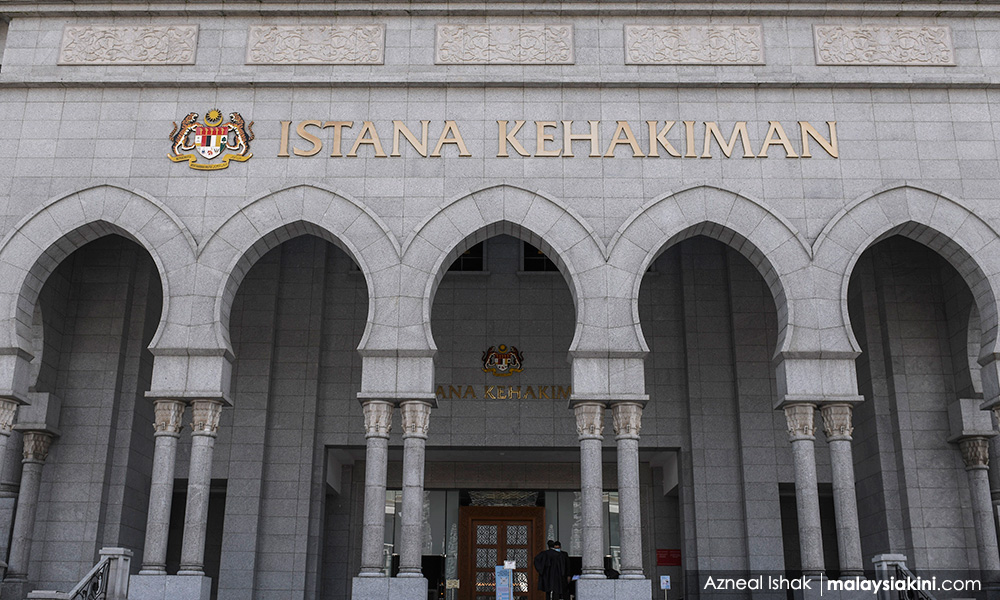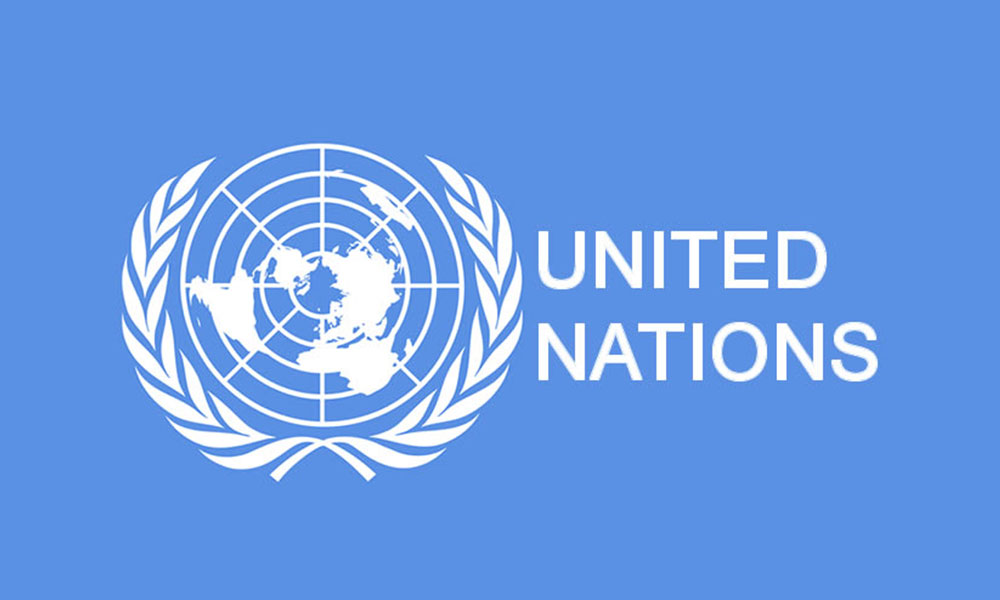Legally speaking, many lawyers are not convinced with the latest route taken by former prime minister Najib Abdul Razak and his lawyers in referring his case to the UN Human Rights Council Working Group on Arbitrary Detention (UNWGAD).
As far as politicians are concerned, Najib’s move is essentially a political gimmick in order to stay relevant.
In filing his petition for the UN’s intervention via UNWGAD, Najib primarily seeks to set aside the unanimous verdict by Malaysia’s apex court, which found him guilty and in turn reaffirmed the sentence meted out by the courts below. Alternatively, he is praying for a retrial.
The main thrust of his complaint to the UN body is that he was victimised by the Federal Court in that his final appeal to the highest court of Malaysia had been allegedly infected by unfairness and injustice, so much so the jail sentence imposed by the court that he is serving at Kajang Prison may be tantamount to arbitrary detention.
It is interesting to note that from the first court which tried Najib to the penultimate court in Putrajaya, not a single judge involved in the cause had any doubt of Najib’s guilt.
In other words, all nine judges were convinced by all the evidence presented by the prosecution in establishing his culpability.
Even his political opponents were bold enough to conclude that Najib was guilty as hell.

Therefore, when Najib raises the issue of arbitrary detention in his petition to UNWGAD this question arises - on what basis is the former prime minister alleging that he is a victim of arbitrary detention when he was never detained under the now-defunct Internal Security Act (ISA) or tried under the Security Offences (Special Measures) Act respectively?
Federal Court treated Najib well
UNWGAD was established by the 1991/42 resolution, duly carried out by the former United Nations Commission of Human Rights, which has now been replaced by the United Nations Human Rights Council.
The said UN body was set up, inter alia, in order to investigate any case involving the deprivation of basic freedom as a result of any arbitrary decision imposed by any legal tribunal.
Such a deprivation ought to be measured by using the universal standards duly underlined by international instruments such as the Universal Declaration of Human Rights (UDHR) or other relevant instruments.
Assuming Najib seeks to rely on the UDHR as the main basis for his petition, there are apparently three articles in the said instrument that he may possibly intend to invoke, viz,
a. Article 9, which deals with arbitrary arrest and detention, or,
b. Article 10, which speaks about equal protection and a fair trial by an unbiased tribunal, or,
c. Article 11, which provides the principle of the presumption of innocence until proven guilty.

With the greatest respect, I am unable to detect any violation of Najib’s rights under those three aforementioned articles.
On the contrary, one may argue that Najib was, relatively speaking, given privileges and latitudes by the courts throughout his trial process.
Speaking from my own experience in handling appeals in the Federal Court, I don’t think the court would have given my clients such luxurious latitudes as duly enjoyed by Najib or his lawyers.
Shooting oneself in the foot
Many members of the legal fraternity are of the view that it would be absurd for Najib to complain that he was not afforded chances or opportunities.
What really happened was that he himself failed to seize the golden opportunities duly given to him by the court.
It would be difficult to reject the notion that Najib’s predicament was of his own making. It was a self-inflicted blow.
As the principle in international law is highly premised on the idea of “non-interference in any domestic affairs” as duly embodied in Article 2 (7) in Chapter 1 of the UN Charter, Najib might face an uphill task to have the solid judgement of the Malaysian court reversed by the UNWGAD. - Mkini
MOHAMED HANIPA MAIDIN is a former deputy minister in the Prime Minister’s Department (Parliament and Law).
The views expressed here are those of the author/contributor and do not necessarily represent the views of MMKtT.




No comments:
Post a Comment
Note: Only a member of this blog may post a comment.